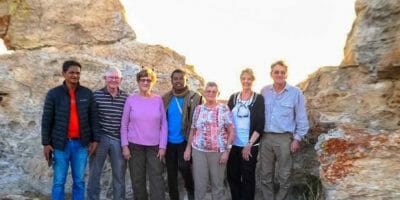Diana Rasoanaivo, director of the cabinet of the Ministry of Tourism and Crafts, announced on July 29 that Madagascar is currently in high season. Forecasts are optimistic, with an estimate of reaching 300,000 visitors by the end of the year. This dynamic indicates a significant recovery in the tourism sector, impacted by previous global crises and health restrictions.
The arrival of 110,000 tourists in six months represents a good indicator of the growing popularity of Madagascar. This figure could also suggest a diversification of traveler profiles, attracted not only by the beaches of Nosy Be or the national parks, but also by the cultural authenticity of the island.
A key factor in this tourist attraction is the increase in flights operating from the Emirates, a major hub for international travelers. Madagascar’s strategy to strengthen its air connections constitutes an essential lever to stimulate the arrival of new visitors. By facilitating access to the island, it is capitalizing on the potential of this market, particularly that of tourists looking for exotic and unique experiences.
Compared to other African destinations where air accessibility can be an obstacle for visitors, Madagascar seems to have seized this opportunity to position itself as a desired option. For comparison, destinations like Kenya and South Africa have long enjoyed efficient air connectivity, attracting a significant volume of tourists. Madagascar’s proactive approach could therefore suggest a desire to compete in this area.
As Madagascar prepares to welcome even more visitors, the question of the sustainability of this growth arises. If the increase in the number of tourists is a positive sign for the economy, it also raises considerable issues in terms of environmental management and preservation of resources. Madagascar’s biodiversity, often described as world heritage, must be protected against the dangers of overcrowding.
The current tourism trend in Madagascar indicates a future full of promise, supported by a strengthened air connectivity strategy. The country’s ability to manage this growing influx while preserving its natural environment will be crucial. It is essential that authorities and tourism stakeholders implement initiatives aimed at reconciling tourism development and protection of the unique ecosystem that this island offers to the world.











